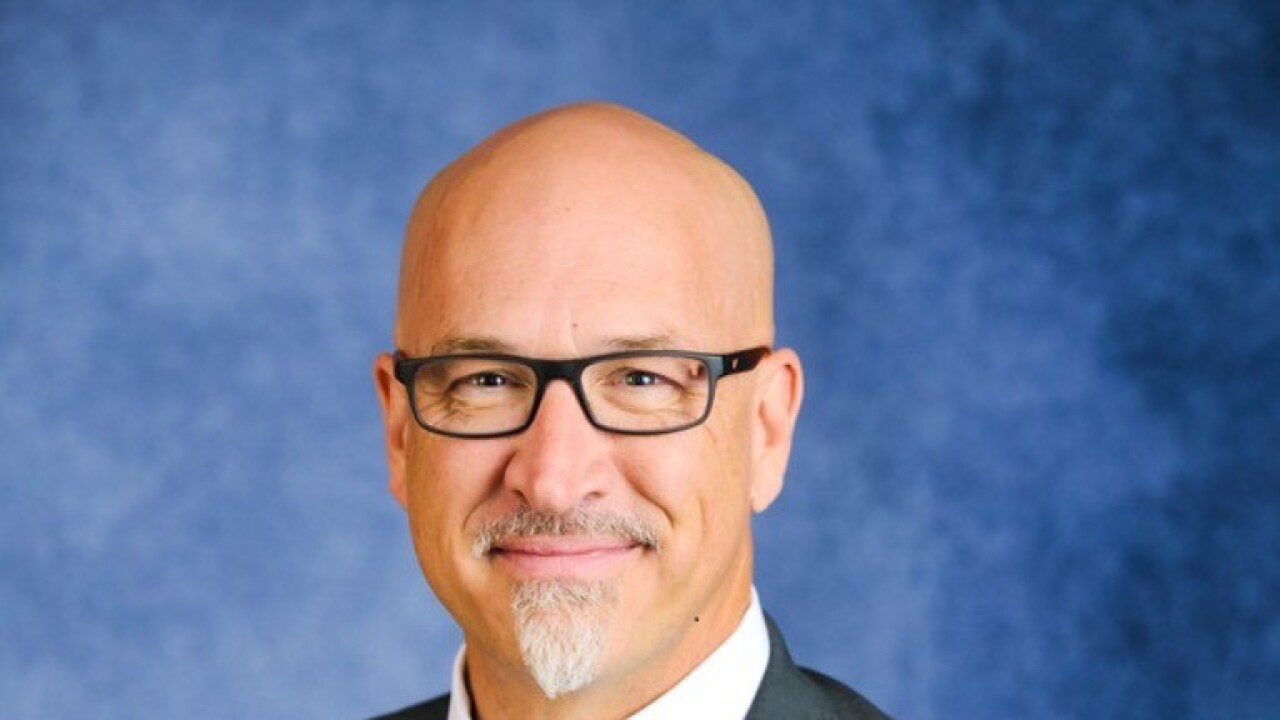Overall U.S. investor optimism has surged back up to the February 2011 level with a significant jump from September, according to a survey from Wells Fargo and Gallup. Seventy-two percent say they are either better off (40%) or no worse off (32%) than they were nearly four years ago, before the last presidential election, while 27% say they are worse off financially.
Two-thirds of investors say there is “plenty” of opportunity in the United States today to “get ahead” versus one third who say “not much opportunity.” Seventy-one percent of all investors say they are “better off” than their parents were at the same age. The average age of retirees surveyed is 68 and that of non-retirees is 45.
Despite their optimism, a majority of investors, 58%, say they have “little” to “no” control over their ability to build retirement savings, down from 65% six months ago.
“It’s great to see Americans feeling positive, but it is combined with a sense that saving for retirement is not in their control,” says John Papadopulos, head of Wells Fargo Retirement. “We don’t want that to become a self-fulfilling prophecy because retirement preparation is, ultimately, their responsibility, and we want people to embrace this mindset.”
Investors point to a “politically divided federal government” as the most important factor “affecting” the U.S. investment climate right now, with three in four saying it is “hurting a lot.” A year ago, divided government ranked much lower, 51%, behind such concerns as the deficit (71%), unemployment (71%), and energy prices (60%).
In general, 34% of investors say they have been saving and investing more money than they did prior to the recession in 2008, while 31% say they have been saving less money and 34% say the same amount of money. Of those saving and investing more, 85% say this is part of a new normal saving and investing pattern. In contrast, just 12% say it is a temporary change.
There was also optimism around increased income. Almost half of investors expect their income to increase over the next 12 months. About half (52%) say they will use the added income to increase their savings and investments; 36% will use it to reduce debt and 11% will use it to maintain their spending.
While the poll results suggest younger Americans see retirement saving as the individual’s responsibility, few have created written retirement plans. Three out of ten of the non-retired respondents and just over a third (38%) of those retired said they have a “written” plan for retirement.
Also similar to the May and September 2011 results, the February 2012 poll found significant differences between how today’s retired Americans are funding their retirements and how those yet to retire expect to do so. Today’s retirees are more likely to depend on employer-sponsored pensions and
Social Security, while future retirees expect to rely on their own savings with seven in 10 of the non-retired said their 401(k) will be a major source of retirement funding for them, compared to 33% of the retired.





